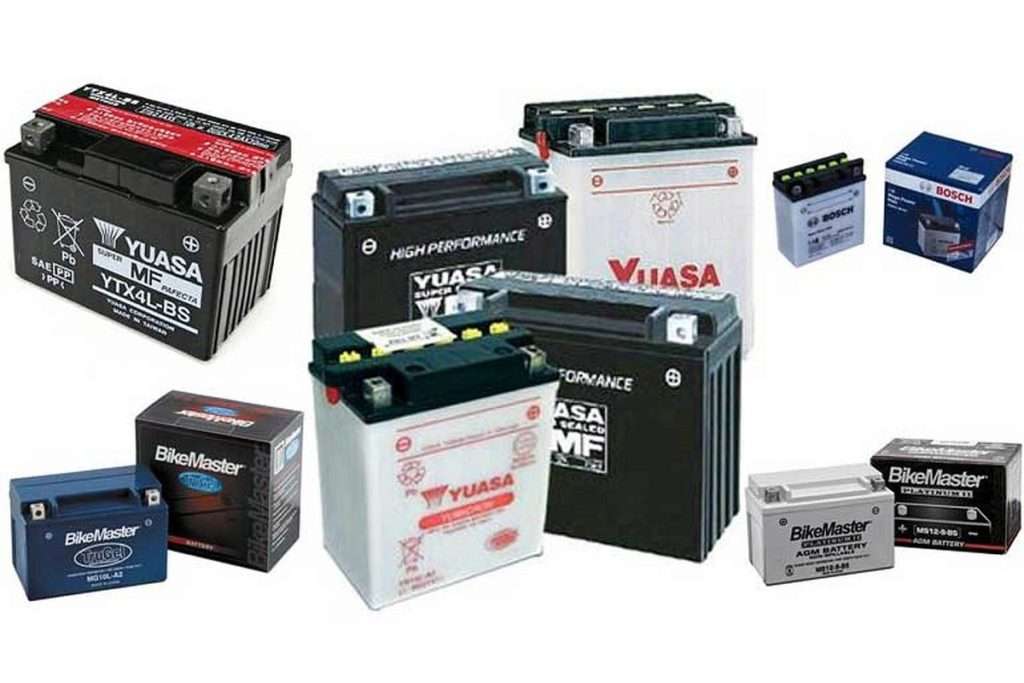The growing demand for portable devices, electric vehicles (EVs), and renewable energy sources has driven the need for efficient and sustainable battery technologies. In this ever-evolving digital age, batteries play a crucial role in powering our everyday lives and reducing our carbon footprint. Our reliance on energy storage solutions has never been greater, making it essential to explore cutting-edge battery technologies that can transform the way we store and use energy in a sustainable manner.
The Importance of Battery Technology in Today’s World
Battery technology is at the core of numerous modern-day applications, from portable electronics and electric vehicles to renewable energy systems. With the rapid growth of the digital age and the global push for greener energy, efficient and reliable batteries are essential to power our daily lives and reduce our reliance on fossil fuels. Advancements in battery technology not only improve device performance but also play a critical role in reducing greenhouse gas emissions and combating climate change.
The Role of Sustainable Energy Storage Solutions
Sustainable energy storage solutions provide a means to store excess energy generated from renewable sources like solar and wind power, enabling their integration into the grid and ensuring consistent power supply. These storage systems help balance energy demand and supply, reduce grid instability, and minimize the need for traditional, carbon-intensive power plants. By incorporating advanced battery technologies, sustainable energy storage solutions can increase the overall efficiency and reliability of clean energy systems, accelerating the transition towards a greener and more sustainable future.
The Evolution of Battery Technologies
A Brief History of Batteries
The journey of battery innovation began with the Voltaic Pile in 1800, followed by the Daniell cell, and later, the lead-acid battery. Throughout the 20th century, breakthroughs like alkaline and nickel-cadmium (NiCd) batteries paved the way for portable electronics. The introduction of lithium-ion (Li-ion) batteries in the 1990s revolutionized energy storage, enabling a new era of advanced devices and electric vehicles.
Battery Troubleshooting: How to Fix Car Battery?
Recent Advancements in Battery Technology
In the quest for sustainable energy solutions, modern battery research has led to significant breakthroughs. Lithium-ion technology continues to evolve, offering higher energy densities and longer lifespans. Solid-state batteries promise increased safety and performance, while sodium-ion and flow batteries bring cost-effective alternatives to the table. These cutting-edge advancements are shaping the future of energy storage, driving sustainability, and powering the green revolution.
Cutting-Edge Battery Technologies
Lithium-ion Batteries
Lithium-ion batteries are the dominant energy storage solution for portable electronics and electric vehicles. Their high energy density, lightweight design, and long cycle life make them ideal for various applications. Ongoing research focuses on enhancing Li-ion battery capacity, safety, and charging speeds to meet the growing demands of modern devices and green transportation.
Solid-state Batteries
Solid-state batteries are an emerging technology that replaces the liquid electrolyte in conventional batteries with a solid material. This design offers increased energy density, enhanced safety, and longer lifespans. Solid-state batteries have the potential to revolutionize electric vehicles and consumer electronics, thanks to their fast-charging capabilities and reduced risk of thermal runaway.
Sodium-ion Batteries
Sodium-ion batteries provide a cost-effective alternative to lithium-ion counterparts, utilizing abundant and inexpensive sodium resources. With similar energy densities and performance characteristics, sodium-ion batteries are gaining attention for grid-scale energy storage and electric vehicles, helping to drive the shift towards affordable and sustainable energy solutions.
Flow Batteries
Flow batteries are a unique type of energy storage technology that relies on the movement of liquid electrolytes. They offer scalable capacity, long cycle life, and low degradation, making them well-suited for large-scale renewable energy storage and grid applications. Flow batteries are paving the way for improved grid stability and efficient integration of solar and wind power.
Other Emerging Technologies
Innovative battery technologies are continually being explored to meet the ever-growing energy storage needs. Some promising options include magnesium-ion, aluminum-ion, and zinc-air batteries. These emerging technologies aim to deliver improved energy density, safety, and sustainability, supporting the global push for greener and more efficient power solutions.
Sustainable Energy Storage Solutions
Solar and Wind Energy Storage
Storing energy from intermittent solar and wind sources is crucial for reliable power supply and grid stability.
Advanced battery technologies, such as lithium-ion and flow batteries, enable efficient storage of renewable energy, facilitating its integration into the grid and reducing dependence on fossil fuels.
Vehicle-to-Grid Systems
Vehicle-to-grid (V2G) systems allow electric vehicles to both charge from and supply power back to the grid. By using V2G technology, EV batteries can store excess renewable energy and discharge it during peak demand, supporting grid stability and promoting efficient energy utilization.
Demand Response Management
Demand response management (DRM) optimizes energy consumption by adjusting demand in real-time. By leveraging advanced battery storage systems, DRM can shift energy usage to off-peak periods, reducing strain on the grid, lowering electricity costs, and enabling greater integration of renewable energy sources.
Second-life Batteries and Recycling Initiatives
Repurposing and recycling batteries from electric vehicles and consumer electronics can extend their useful life and reduce waste. Second-life batteries can be deployed in stationary storage applications, while recycling initiatives recover valuable materials, promoting a circular economy and fostering sustainable energy storage solutions.
The Future of Battery Technologies and Sustainable Energy Storage
As the demand for clean energy and electric mobility grows, cutting-edge battery technologies and sustainable energy storage solutions will play a pivotal role. Ongoing research and innovation will continue to drive improvements in energy density, safety, and efficiency. Emerging technologies, such as solid-state and sodium-ion batteries, are poised to transform the energy landscape, supporting the transition to a greener future. Sustainable storage systems will enable seamless integration of renewable energy sources, enhance grid stability, and reduce our reliance on fossil fuels. The future of battery technologies promises a more sustainable, efficient, and environmentally friendly world.
Innovations and Research Trends
The battery industry is witnessing a surge in innovations, driven by the need for sustainable and efficient energy storage solutions. Research trends focus on improving energy density, reducing charging times, and enhancing safety. Emerging technologies like solid-state, sodium-ion, and flow batteries show great potential in revolutionizing electric vehicles, renewable energy storage, and portable electronics.
Quantum batteries: Technology that could Provide Instant Power
The Role of Policy and Regulation in Driving Advancements
Government policies and regulations play a critical role in fostering advancements in battery technology. Incentives, such as research grants, tax breaks, and subsidies, encourage investments in clean energy and electric mobility. Strict environmental standards and guidelines promote sustainable manufacturing practices and recycling initiatives, supporting the development of eco-friendly energy storage solutions.
Challenges and Potential Solutions
Battery technology faces several challenges, including resource scarcity, safety concerns, and high production costs. Potential solutions include developing alternative chemistries using abundant materials, improving battery management systems, and refining manufacturing processes. As research and innovation progress, the battery industry will continue to overcome obstacles, paving the way for a sustainable, green energy future.
Conclusion
Advanced battery technologies are transforming the energy landscape by enabling efficient storage and utilization of renewable energy sources. The improvements in energy density, charging speeds, and safety of modern batteries support the growing adoption of electric vehicles and portable electronics. This transition reduces dependence on fossil fuels, leading to lower greenhouse gas emissions and a cleaner, more sustainable future.
Sustainable energy storage plays a vital role in mitigating climate change by facilitating the integration of renewable energy into the grid. By using advanced battery systems to store energy from solar and wind sources, the reliance on carbon-intensive power plants can be minimized. Additionally, sustainable storage solutions support electric mobility and help reduce emissions from the transportation sector, contributing to the global fight against climate change.


